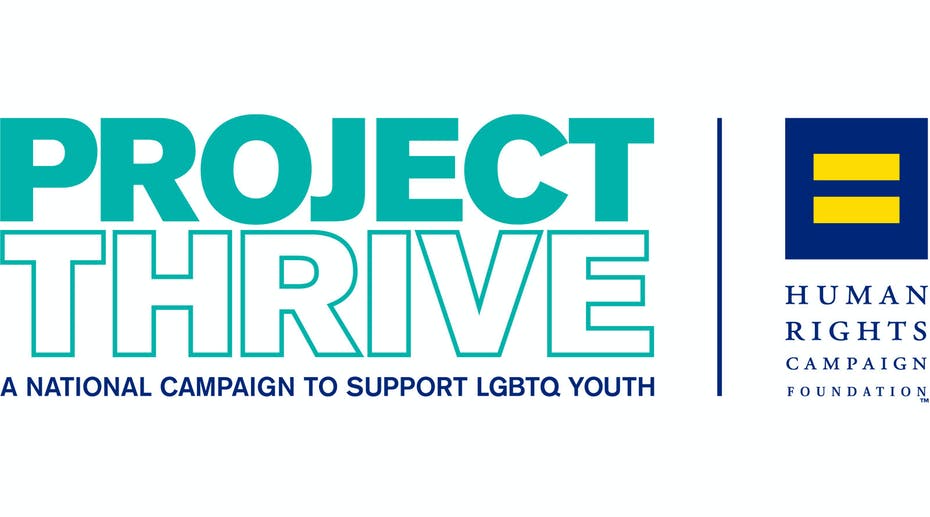Gender and Sexual Minority RESOURCESSPN recognizes the important role the pediatric nurse plays in providing gender affirming care and sexual minority guidance to all children and their families. The SPN Healthcare Policy and Advocacy Committee (HPAC) has gathered the online resources below for nurses to support conversations with children and families. Many of these resources are designed with parents and children in mind and we hope they can serve as talking points for patient-family education. The HPAC is always looking for additional resources that may benefit our membership. Please forward any new resources on gender and sexual minorities to [email protected].
Clinical Practice Guidelines, Endocrine Treatment of Gender-Dysphoric/Gender-Incongruent Persons, 2017 (Endocrine Society)Gender Affirming Care Resources/Clinical Practice Guidelines
Read the ArticleTalking with Children about their Identity (Planned Parenthood)The content on this website is:
Read the ArticleInfo and Resources for LGBTQ Teens and Allies (Planned Parenthood)The content on this site shares information about LGBTQ issues through resources for teens and their allies. This is a great site for youth struggling with specific issues and how to support LGBTQ friends.
Read the ArticleHow to Support LGBTQ Youth (Lambda Legal)Allies are people who may not be LGBTQ themselves but are committed to equality and who advocate to stop and prevent harassment and discrimination against LGBTQ youth. The site provides tips for classmates, faculty/staff, parents/family on how to be an ally to LGBTQ youth as well as resources to ensure school and out-of-home care settings are safe.
Read the ArticleSTOMP Out BullyingStomp Out Bullying is a nation non-profit organization committed to reduce and prevent bullying, cyberbullying and other digital abuse. Their website contains resources to promote unity, diversity, inclusion and equality to guarantee the dignity of LGBTQ youth.
Read the ArticleSupporting Trans & Nonbinary Loved Ones: What Would You Do? Recording & Training ToolkitThis page from PFLAG offers guidance on supporting transgender persons by fostering understanding, respect, and advocacy. The resource provides practical tips for creating a safe and affirming environment while navigating challenges and celebrating the unique experiences of transgender individuals. Read the Articlequestions to ask yourself as you become a better bi+ allyThis page from GLAAD provides guidance on becoming a better ally to bisexual individuals by encouraging self-reflection and challenging common stereotypes. It emphasizes understanding and addressing personal biases, promoting inclusivity, and using language that respects and validates bisexual experiences. READ THE ARTICLE |


